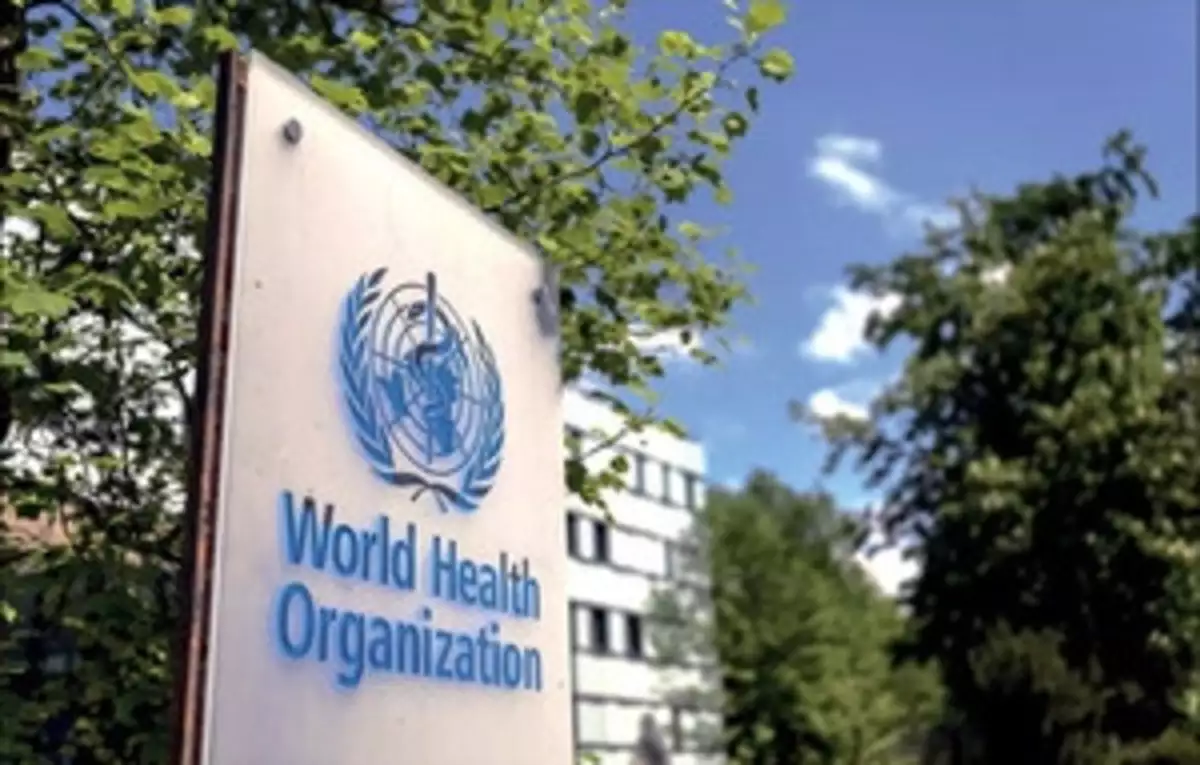New Delhi, 14 January 2025: The World Health Organization (WHO) has reported a concerning rise in Mpox cases across Africa. With 14,700 confirmed cases recorded in 2024. The outbreak highlights the ongoing public health challenge posed by this viral disease, previously known as monkeypox. While Mpox is endemic to parts of Africa, the current surge emphasizes the need for robust health measures to curb its spread.
Rising Cases and Affected Regions
The cases have reported predominantly in West and Central African nations, with countries like Nigeria, Cameroon, and the Democratic Republic of Congo witnessing the highest numbers. Mpox caused by a virus transmit to humans through close contact with infected animals, humans, or contaminated materials. The WHO has flagged the increasing human-to-human transmission as a significant concern.
Symptoms and Complications
Mpox typically manifests with fever, headache, swollen lymph nodes, and a distinctive rash. While many cases are mild, severe complications, including secondary infections and respiratory issues, can arise, particularly among immunocompromised individuals. The WHO has reiterated the importance of early detection and isolation to reduce transmission.
Global Implications
The surge in cases has sparked global attention, especially given the recent spread of Mpox to non-endemic countries. In 2022 and 2023, the virus detected in regions like Europe and the Americas, raising concerns about its pandemic potential. While the current outbreak in Africa has not yet reached a global scale, health experts warn that complacency could lead to further spread.
WHO’s Response and Recommendations
The WHO has emphasized the importance of vaccination, especially for high-risk groups such as healthcare workers and close contacts of infected individuals. Public awareness campaigns are also underway to educate communities about preventive measures, including avoiding contact with suspected cases and maintaining hygiene.
Challenges in Combating Mpox
Despite the efforts, combating Mpox in Africa faces significant hurdles, including limited access to healthcare, vaccines, and diagnostic tools. Social stigma surrounding the disease further complicates case reporting and treatment. The WHO has called for increased international collaboration and funding to address these gaps.
Preventive Measures for the Public
The WHO advises individuals to avoid contact with potentially infected animals, cook meat thoroughly, and report symptoms promptly. Personal protective measures, such as wearing gloves and masks in high-risk environments, also recommended.
Read Also – Doctor Assaulted by Mob for Referring Patient to Higher Center in UP
The surge in Mpox cases across Africa serves as a stark reminder of the persistent threat posed by emerging infectious diseases. The WHO’s call for vigilance, combined with coordinated global and regional efforts, will be crucial in containing the outbreak and preventing further spread. Addressing the root causes, such as deforestation and wildlife contact, is essential to mitigate future risks.






